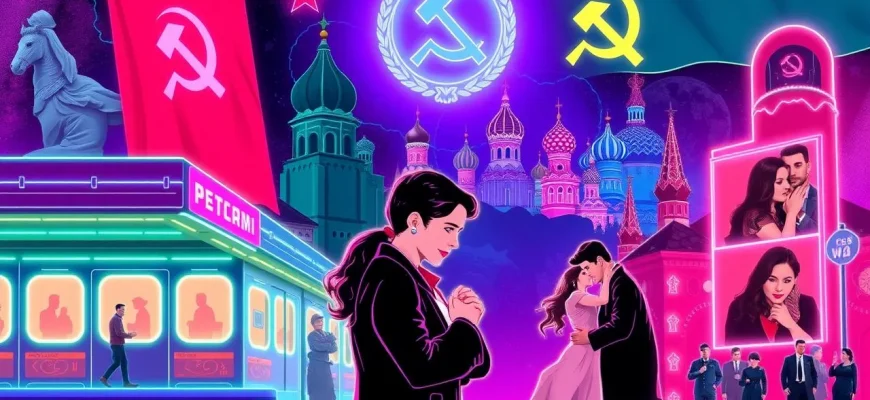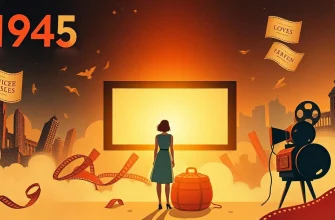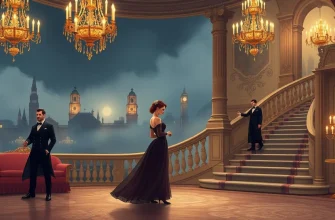Soviet cinema, known for its rich storytelling and emotional depth, has produced numerous melodramas that have stood the test of time. These films not only capture the essence of love, sacrifice, and human relationships but also reflect the socio-political atmosphere of the Soviet Union. This collection offers a unique opportunity to delve into the heart of Soviet culture through the lens of melodrama, providing viewers with a blend of nostalgia, drama, and cinematic artistry.

The Ascent (1977)
Description: While known for its stark portrayal of war, this film also delves into the personal and emotional struggles of its characters, making it a powerful melodrama set against the backdrop of WWII.
Fact: It won the Golden Prize at the 10th Moscow International Film Festival.
 Watch Now
Watch Now
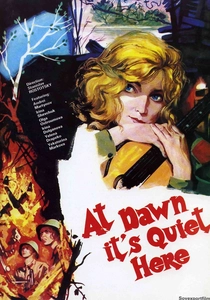
The Dawns Here Are Quiet (1972)
Description: This war drama intertwines melodrama with the harsh realities of war, focusing on the lives of female anti-aircraft gunners, highlighting their bravery and the personal sacrifices they make.
Fact: The film was remade in 2015, showing its lasting impact.
 Watch Now
Watch Now
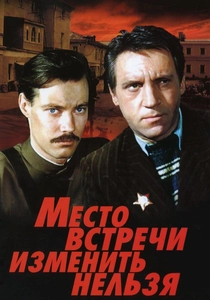
The Meeting Place Cannot Be Changed (1979)
Description: Although primarily a crime drama, the series includes significant melodramatic elements, exploring themes of justice, love, and moral dilemmas in post-war Soviet society.
Fact: The theme song "Smuglyanka" became extremely popular and is still well-known today.
 30 Days Free
30 Days Free
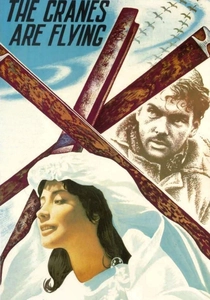
The Cranes Are Flying (1957)
Description: This poignant war-time love story captures the essence of Soviet melodrama with its tragic narrative and unforgettable performances. It's a testament to the resilience of love amidst the chaos of war.
Fact: The film won the Palme d'Or at the Cannes Film Festival in 1958, marking a significant achievement for Soviet cinema.
 30 Days Free
30 Days Free
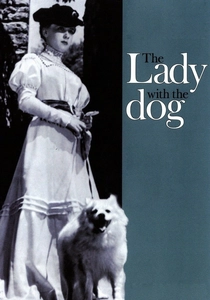
The Lady with the Dog (1960)
Description: A faithful adaptation of Chekhov's short story, this film captures the subtle nuances of an illicit love affair, showcasing the emotional depth characteristic of Soviet melodramas.
Fact: The film was shot in Yalta, where the original story takes place.
 30 Days Free
30 Days Free
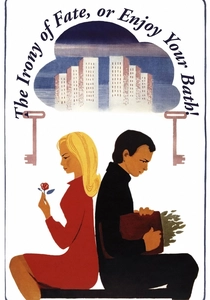
The Irony of Fate, or Enjoy Your Bath! (1975)
Description: While primarily a comedy, this film has strong melodramatic undertones, exploring themes of fate, love, and the absurdity of life, making it a beloved classic in Soviet cinema.
Fact: It has become a New Year's Eve tradition in Russia, with many watching it annually.
 30 Days Free
30 Days Free
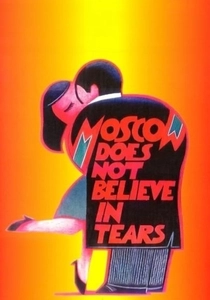
Moscow Does Not Believe in Tears (1980)
Description: A sweeping saga that spans decades, this film explores the lives of three women, their struggles, and their search for love in a changing Soviet society. It's a quintessential Soviet melodrama with a modern twist.
Fact: It was the first Soviet film to win an Academy Award for Best Foreign Language Film.
 30 Days Free
30 Days Free
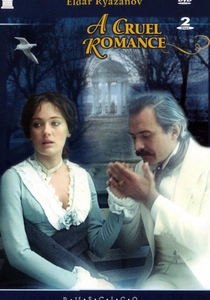
A Cruel Romance (1984)
Description: Based on Alexander Ostrovsky's play, this film delves into the complexities of love, social status, and betrayal, offering a rich tapestry of melodramatic elements set in 19th-century Russia.
Fact: The film's costume design was meticulously researched to reflect the period accurately.
 30 Days Free
30 Days Free

The Star (1949)
Description: This film, set during WWII, blends war drama with melodrama, focusing on the personal stories of soldiers, their love, and their sacrifices, making it a moving tribute to the Soviet war effort.
Fact: It was one of the first Soviet films to depict the war from a more personal perspective.
 30 Days Free
30 Days Free

The Unsent Letter (1959)
Description: A story of love and survival, this film follows a group of geologists in Siberia, showcasing the harsh environment and the human spirit's resilience, all wrapped in a melodramatic narrative.
Fact: The film was shot in the actual Siberian wilderness, adding to its authenticity.
 30 Days Free
30 Days Free

